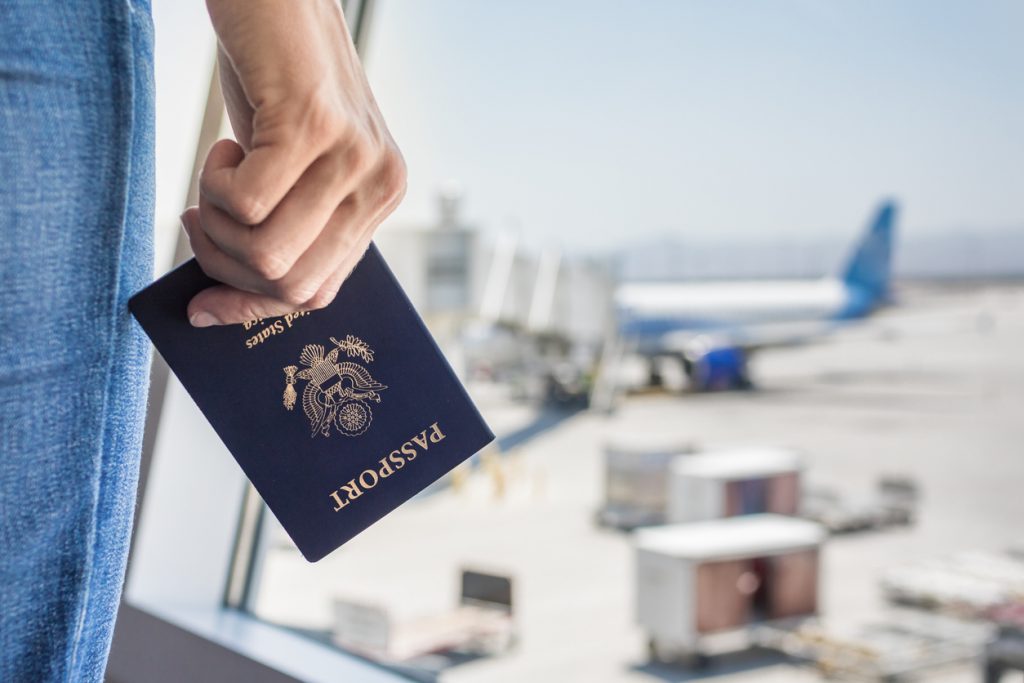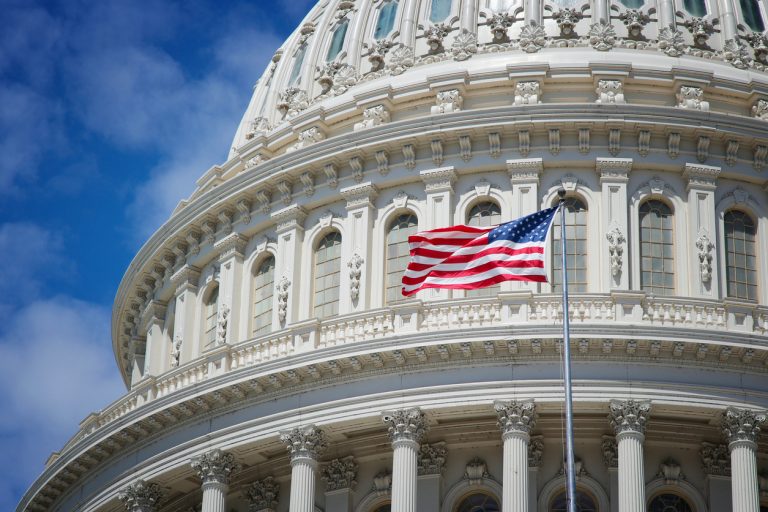Those in Europe and a handful of non-European countries have been displeased that they had reopened to United States citizens with no return favor being granted, particularly considering that the U.S. has been experiencing relatively high COVID-19 infection rates.
That all changed today, when Jeff Zients, the White House Coronavirus Response Coordinator, announced that the U.S. is lifting travel ban and reopening to those countries in “early November.”
Currently, non-U.S. citizens may not enter the country if they have spent any portion of the previous 14 days in any European Union country or in the United Kingdom, Iran, India, China, South Africa or Brazil.

For those coming from other countries, needing to be vaccinated will be an added requirement that did not exist before.
“We will move to this much stricter global system, so we will have a consistent approach across all countries,” Zients said.
Amongst the changes will include visitors needing to engage in enhanced contact tracing, such as providing their phone numbers and email addresses.
The reason why the change is not being made immediately or imminently is to, according to Zients, allow airlines and related organizations time to implement these new protocols, which have not been finalized yet. One of the aspects that needs to be specified is which vaccines will be approved.
Those looking to come from Canada or Mexico should note that this change will only affect air travel.
Meanwhile, vaccinated Americans will still need to take a COVID-19 test within three days of traveling to the U.S. and have a negative result to show. However, another change announced today is that unvaccinated Americans must do so in a narrower window, within a day, and get tested again after arriving.

This declaration will not affect domestic flights within the U.S. although changes related to those may come at a later time.
As a result of this reopening news, shares from Lufthansa and International Consolidated Airlines, which owns British Airways, increased 6% and 10%, respectively, as cross-Atlantic Ocean travel is expected to increase significantly as compared to what would have occurred had this announcement not been made.

